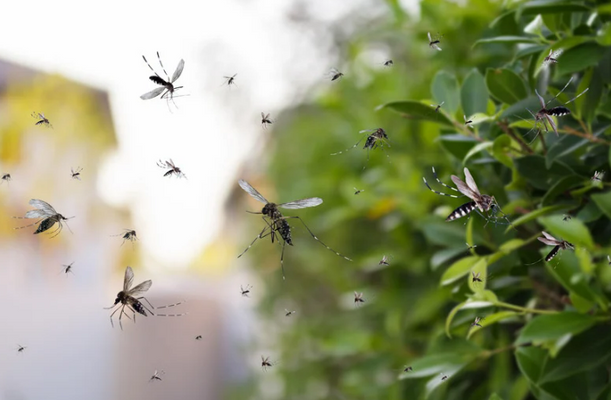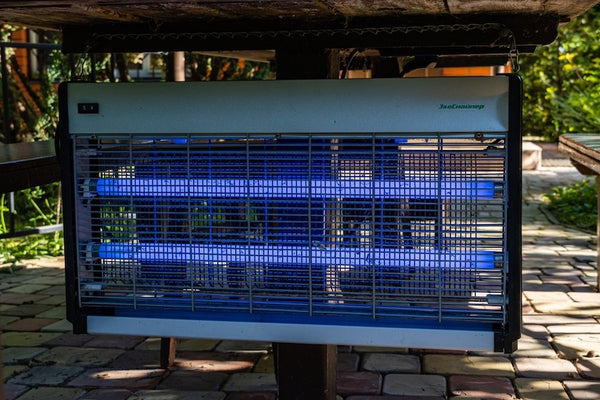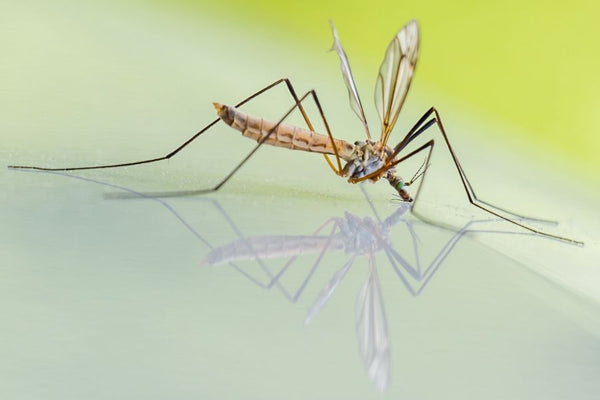I used a couple of other cat repellents that were spotty performers. I used Cat Mace according to directions and it was like an electric fence in a bottle. My cats quickly decided that they needed to be anywhere else. This stuff does the job!
My entire back yard has been eaten by rabbits and squirrels, 2000 sq. ft. I am saving my front yard (2000 sq. ft.) by using Rabbit Mace. It is a bit pricey as I am retired but it does the job. Northern Nevada.
Seems to work well to keep the dogs off my lawn since some irresponsible dog owners allow them to defecate on my lawn and never pick it up and just simply walk off.
I've had trouble with strays going in my flower garden for years. I used Cat Mace the first time a few weeks ago. I sprinkled it around everything I wanted the strays to stay away from, and the number of cat prints and poop piles decreased dramatically! I've had to go over areas again where I realized I applied too lightly or narrowly to keep cats completely out; overall, I'm impressed with its effectiveness. When cat prints appear again in a few weeks as rains wear the mace down, I'll re-apply. Pleased with the product; will purchase again.







